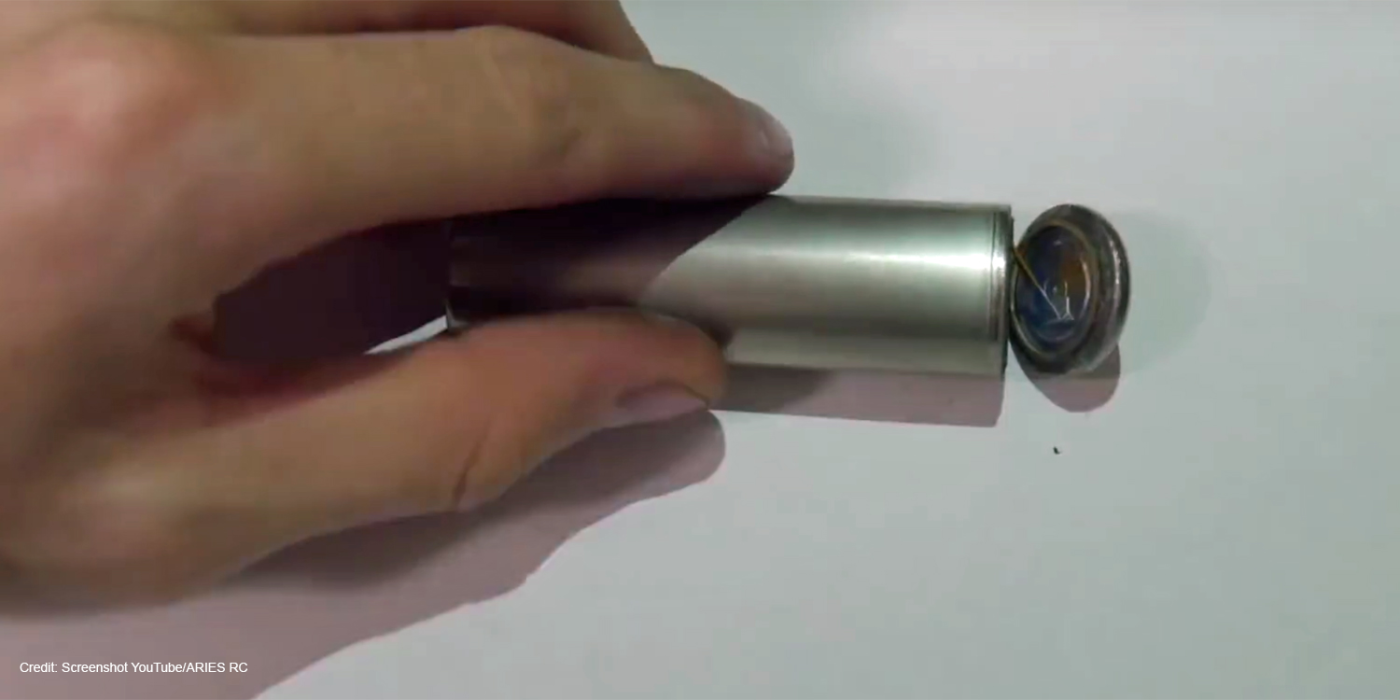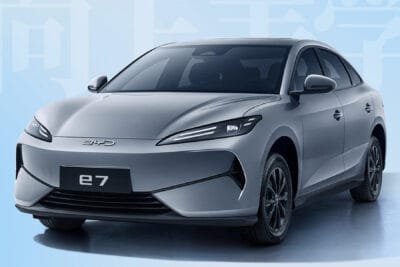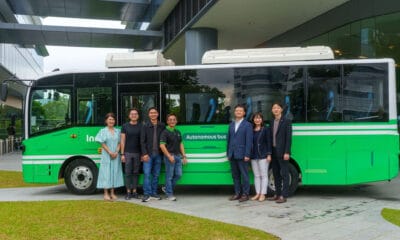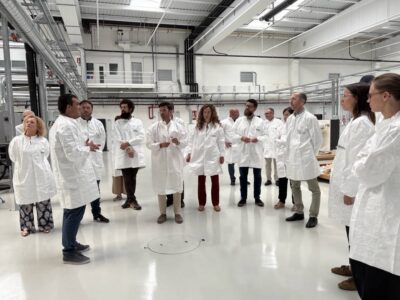R&D break-through: Tesla battery making looks likely
Jeff Dahn and his team, who carry out battery research for Tesla, have published test results for a new battery cell that could have a life of 1 million miles (1.6 million km) and thus be suitable for Tesla’s planned robo taxis. At the same time, Tesla battery cell manufacturing appears to be well underway.
+ + Kindly see our update below + +
Even at 40 degrees Celsius, these new cells with NMC chemistry and a new advanced electrolyte are expected to complete 4,000 cycles. “Several different electrolytes are considered in this LiNi0.5Mn0.3Co0.2O2/graphite chemistry, including those that can promote fast charging,” the research report says. “The reasons for cell performance degradation and impedance growth are examined using several methods. We conclude that cells of this type should be able to power an electric vehicle for over 1.6 million kilometres (1 million miles) and last at least two decades in grid energy storage.”
It remains to be seen how the cells were cooled during the tests and what effect a liquid-cooled battery pack in an electric car would have on these cells. It seems clear, however, that such a service life could also achieve the performance target set by Elon Musk for self-driving Tesla taxis. According to Musk, a fleet of robo cabs must have a particularly long service life in order to be operated economically.
In the research report, Dahn, who recently expressed scepticism about solid electrolytes, explicitly mentions robo taxis: “Clearly EVs destined for vehicle-to-grid applications, robo taxis or long haul trucking, would favour a lithium-ion chemistry that could deliver many more charge-discharge cycles in a decade than an EV that was destined for typical commuter driving where high energy density to give the longest driving range for weekend trips might be emphasised.”
It is still unclear when such cells will be ready for series production. Tesla is therefore likely to produce even more conventional Li-Ion cells first, provided that the rumours about Tesla battery cell production will check out. In June this year, insiders described the existence of some kind of secret Tesla battery laboratory. The rumours were fuelled by a report by US broadcaster, CNBC that cites five former and current employees describing a battery laboratory a few minutes away from the Fremont car plant in California. It seems that intensive work is underway to develop improved lithium-ion cells. With technology gained through acquiring Maxwell Technologies, in future, Tesla could produce its own battery cells instead of relying exclusively on Panasonic.
At the ‘Battery Day’ coming up in autumn, Tesla wants to provide more information about “cell chemistry, modules and packs as well as a production plan with a clear timetable up to one terawatt hour per year,” according to Musk.
It seems Tesla is already looking for employees for battery cell production in Fremont, California, and also in Colorado. The job ad for a Manufacturing Technician in Cell Manufacturing says: “We are looking for an Engineering Technician to assist anode development and optimization R&D. Candidates should be familiar with Li-ion cell chemistry and have experience building and assembling cells for performance testing.” One of the jobs will be located in Fremont. But the advertisement cleverly does not specify if the plant is located there – Tesla also operates some other sites in the area. Another job is offered in Broomfield, Colorado, but so far nothing was known about a Tesla research site there.
Update 16 September 2019:
Tesla has just filed a new patent for a new, more durable battery cell that should also be cheaper to produce. Jeff Dahn and his team are listed as inventors. The cell uses two additives in the electrolyte, vinylene carbonate (VC) combined with 1,2,6-oxodithiane-2,2,6,6-tetraoxide, in order to boost the performance of the cell. The new cells with NMC chemistry are supposed to offer a service life of more than 1.6 million kilometres.
electrek.co (research), electrek.co (production), electrek.co (update)





0 Comments